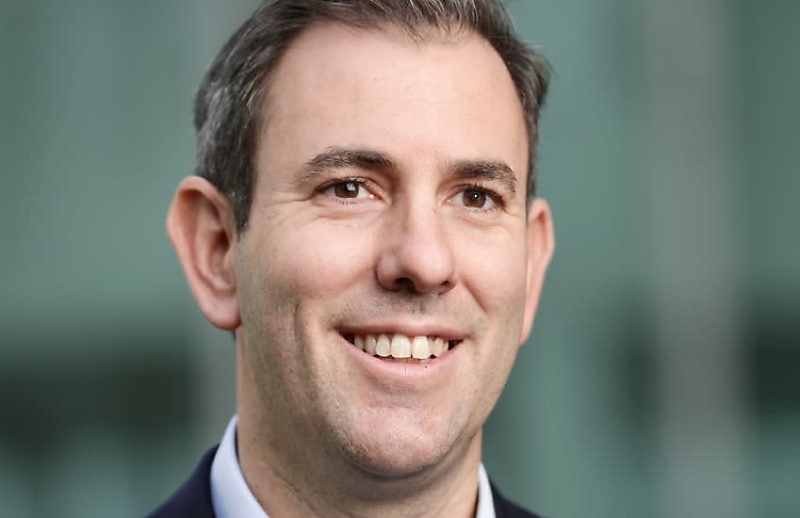Annual inflation fell to 4.3 per cent in November, down from 4.9 per cent the prior month, but “the fight is far from over” the Treasurer said yesterday.
Releasing the data yesterday the ABS said a reduction in volatile items – especially automotive fuel and fresh food – helped drive CPI down to the lowest figure in almost two years.
You’re out of free articles for this month
Treasurer Jim Chalmers welcomed the “moderation” but said cost-of-living pressures remained the government’s top priority.
“We are making welcome and encouraging progress in this inflation challenge, and the government’s policies are helping, but the fight is far from over,” he said.
“Inflation is still higher than we would like, but monthly inflation is around half of its peak and much lower than the 6.1 per cent we inherited at the time of the election.”
“Cost‑of‑living pressures are still the defining challenge in our economy.”
“We understand many Australians are under pressure and there is still more to do – and global volatility and uncertainty is another reminder that we cannot be complacent.”
ABS head of prices statistics Michelle Marquardt said the most significant contributors to the November increase were food and non-alcoholic beverages (+4.6 per cent), alcohol and tobacco (+6.4 per cent), housing (+6.6 per cent) and insurance and financial services (+8.8 per cent).
She said excluding volatile items such as automotive fuel, fruit and vegetables, and holiday travel, underlying inflation in the year to November was 4.8 per cent, down from 5.1 per cent in October.
“Annual inflation for automotive fuel has fallen from 19.7 per cent in September 2023 to 2.3 per cent in November,” Ms Marquardt said. “This has been a significant contributor to the lower annual rise in the monthly CPI indicator over the past two months.”
“Annual inflation for food and non-alcoholic beverages remains elevated for most categories. Exceptions were categories with predominately fresh food such as meat and seafood and fruit and vegetables, which continue to have low inflation due to favourable weather conditions increasing supply and keeping prices lower.”
Mr Chalmers said government policies had helped push down the prices of housing and energy, two sectors where inflation would otherwise have raced ahead.
“The ABS has once again confirmed that our cost‑of‑living policies are helping to directly reduce inflation,” he said.
“Between June and November 2023, electricity prices rose 8.8 per cent. Without our energy rebates, electricity prices would have increased 19 per cent.
In the year to November, rents rose 7.1 per cent, and would have risen 8.8 per cent without the largest increase to rent assistance in 30 years.”
Ms Marquardt said without subsidies, rent increases would have been higher.
“The increase in Commonwealth Rent Assistance has reduced out-of-pocket rent costs for eligible tenants since its introduction on 20 September 2023,” she said.
It was a similar story with electricity prices, which rose 10.7 per cent for the period in line with annual price reviews in July 2023, but consumers benefited from the Energy Bill Relief Fund rebates for eligible households from July 2023.
Philip King
AUTHOR
Philip King is editor of Accountants Daily and SMSF Adviser, the leading sources of news, insight, and educational content for professionals in the accounting and SMSF sectors.
Philip joined the titles in March 2022 and brings extensive experience from a variety of roles at The Australian national broadsheet daily, most recently as motoring editor. His background also takes in spells on diverse consumer and trade magazines.
You can email Philip on: This email address is being protected from spambots. You need JavaScript enabled to view it.

 Login
Login







